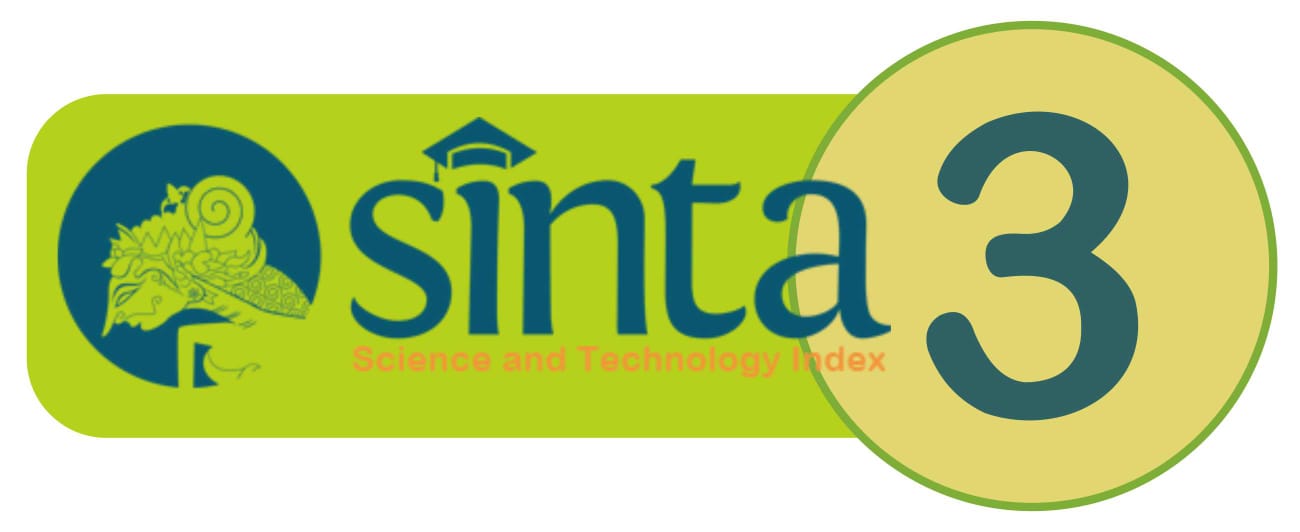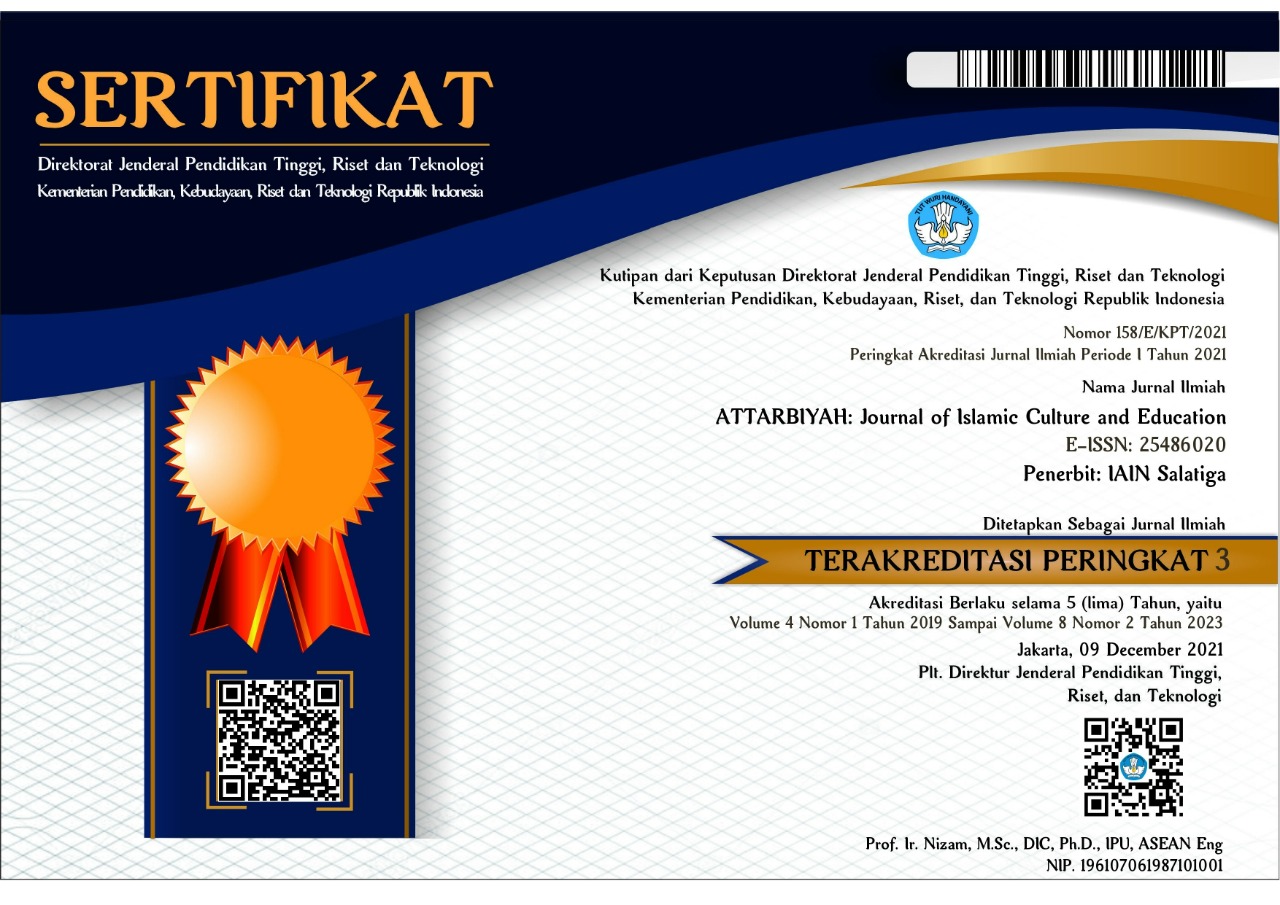Islam in education: how marginalizing Islamic curriculum from Egypt's national education has contributed to religious extremism
Abstract
This study investigates the impact of marginalizing religious curriculum in the public-school system on the tolerance levels among Egyptian youth. Unlike previous research associating religious instruction with radicalization, this study offers new perspectives on the detrimental effects of marginalizing religious education in fostering tolerance. It argues that a balanced religious education can prevent the radicalization of young individuals by extremist groups. The central question is whether education significantly influences the radicalization process. The argument suggests that the secularization of education has intensified interest in Islam, leading to polarization fueled by radical factions with pre-existing objectives. Using a qualitative methodology, specifically a case study design, the research conducted interviews with 57 participants from the national school background. Findings reveal that marginalizing Islamic curricula has adverse effects on promoting tolerance among youth. The study aims to provide education officials with insights into the negative consequences of marginalizing religious curricula, emphasizing the need for a nuanced approach to religious education within the broader educational framework. Recognizing and addressing these consequences can contribute to building a more tolerant and cohesive society
Keywords
Full Text:
PDFReferences
Aderibigbe, S. A., Idriz, M., Alzouebi, K., AlOthman, H., Hamdi, W. B., & Companioni, A. A. (2023). Fostering Tolerance and Respect for Diversity through the Fundamentals of Islamic Education. Religions, 14(2), 1-16. https://doi.org/10.3390/rel14020212.
Al-Attas, N. (1980). The concept of education in Islam. Kuala Lumpur: Muslim Youth Movement of Malaysia.
Bano, M. & Benadi, H. (2018). Regulating religious authority for political gains: al-Sisi's manipulation of al-Azhar in Egypt. Third World Quarterly. 39(8), 1604-1620. https://doi.org/10.1080/01436597.
1369031.
Braun, V., & Clarke, V. (2006). Using thematic analysis in psychology. Qualitative Research in Psychology, 3(2), 77-101. DOI:10.1191/1478088706qp063oa.
Brik A.M. (2015). “Mu'alajat al-mawaqi al-elctroniyah lilmarasid alilamiyah bil-muassasat aldiniyah al-rasmiyah liqadaya al-tattarruf”. Majalat al-buhuth al-ilamiyah, 147-220.
Cook, B.J. (1999). Islamic versus Western conceptions of education: Reflections on Egypt." International Review of Education, 45(1), 339-358. https://doi.org/10.1023/A:1003808525407.
Cook, B. J. (2000). Egypt's national education debate. Comparative
Education, 36(4), 477-490. https://doi.org/10.1080/713656657.
DiCicco-Bloom, B., & Crabtree, B.F. (2006). The qualitative research interview. Medical Education, 40(4), 314-321. https://doi.org/
1111/j.13652929.2006.02418.x .
Djilali. R. (2016). “Athar al-fatwa al-elctroniyah al-wahabiyah ala thaqafat al-shabab almutadayin fi al-mujtamaa al-jaza'iri”. Master thesis, Faculty of social science, University of Jilali Libas Sidi Bel-abbas Algeria.
El-Rayess, A.S. (2021) How do people radicalize?. International Journal of Educational Development, 87, 1-9. https://doi.org/
1016/j.ijedudev.2021.102499.
El-Sherif, A. (2015). Egypt's Salafists at a Crossroads. Washington DC: Carnegie Endowment for International Peace.
Fāʿūr, M. (2012). Religious education and pluralism in Egypt and Tunisia.Washighton DC: Carnegie Endowment for International Peace. http://dx.doi.org/10.25673/107230.
Ghudda, A. F. A. (2014). Al-Isnād min al-Dīn wa-Safḥa Mushriqa min Tarīkh Samāʿ al-Ḥadīth ʿinda al-Muḥaddithīn. Beirut: Dār al-Basha'er al-Islamiyyah.
Hartnett, M. (2016). Motivation in online education. Singapore: Springer.
Hilgendorf, E. (2003). Islamic education: History and Tendency. Peabody Journal of Education, 78(2), 63-75. https://doi.org/
1207/S15327930PJE7802_04.
Ibrahim, M. (2014). Altafa'ul alda'awy ala shabakat al-tawasul al-ijtima'e. Beirut: Dar Arwiqat Alurdon.
Kadi, W. (2006). Education in Islam—Myths and truths. Comparative Education Review, 50(3), 311-324. https://doi.org/10.1086/504818.
Kaufman, D.M. (2003). Applying educational theory in practice. Bmj, 326(7382), 213-216. https://doi.org/10.1136/bmj.326.7382.213.
Mantovani, D.M.N. (2012). Distance education on the stakeholders' perspectives: student's, instructor's and administrator's perceptions. Doctoral dissertation, Universidade de São Paulo.
Mash'al M.E (2021). Nahwa Tadawul alfatwa almu'assasiyah abra Mawaqi electroniya lidabt almanhajiyah al-iftaiyah. Journal of Dar Al-Iftaa Al-Misriyah.
Mokbel, R. (2015). Al-Azhar rethinks primary school teaching to encourage moderation. AlMonitor, July 13. https://www.al-monitor.com/originals/2015/07/egypt-azharquran-school-katateeb-update-modernize-curricula.html.
Murphy, C. (2002). Passion for Islam: Shaping the Modern Middle East: The Egyptian Experience. Ney York: Simon and Schuster.
Nakissa, A. (2019). The Anthropology of Islamic Law: Education, Ethics, and Legal Interpretation at Egypt's Al-Azhar. Oxford: Oxford University Press.
Neill, C.M. (2006). Islam in Egyptian education: grades K–12. Religious Education. 101(4), 481-503. https://doi.org/10.1080/
Nugroho, P. (2018). Internalization of Tolerance Values in Islamic Education. Nadwa: Jurnal Pendidikan Islam, 12(2), 197-228. DOI:10.21580/nw.2018.12.2.2397.
Othman. M.H. (2010).Mas'oliyat al-fatwa al-shar'iyah wailaqatiha belwasatiyyah wattataruf. Journal of Dar Al-Iftaa Al-Misriya, 34-63.
Patton, M.Q. (2002). Qualitative Research and Evaluation Methods. Thousand Oaks, CA: SAGE Publications.
Petersen, J.S. (1997). Defining Islam for the Egyptian State: Muftis and Fatwas of the Dār al-iftā. Leiden: Brill.
Rahmat, A. & Fachrunnisa, N. (2021). An Analysis of Applying Zoom Cloud Meeting Towards EFL Learning in Pandemic Era Covid-19. British:Jurnal Bahasa dan Sastra Inggris, 10(2), 114-134. http://dx.doi.org/10.31314/british.10.2.114-134.2021.
Rahmat, M., & Yahya, M.W.B.H.M. (2022). The impact of inclusive islamic education teaching materials model on religious tolerance of Indonesian students. International Journal of Instruction, 15(1), 347-364. https://doi.org/10.29333/iji.2022.15120a.
Rosenthal, E.I.J. (1965). Islam in the modern national state. Cambridge: Cambridge University Press.
Yin, R.K. (2013). Case Study Research: Design and Methods. Thousand Oaks, CA: SAGE Publications
DOI: https://doi.org/10.18326/attarbiyah.v8i2.139-155
Refbacks
- There are currently no refbacks.

ATTARBIYAH: Journal of Islamic Culture and Education by http://attarbiyah.iainsalatiga.ac.id/ is licensed under a Creative Commons Attribution-ShareAlike 4.0 International License
----------------------------------------------------------
ATTARBIYAH : Journal of Islamic Culture and Education IAIN SALATIGA p-ISSN: 0215-9996, e-ISSN: 2548-6020



